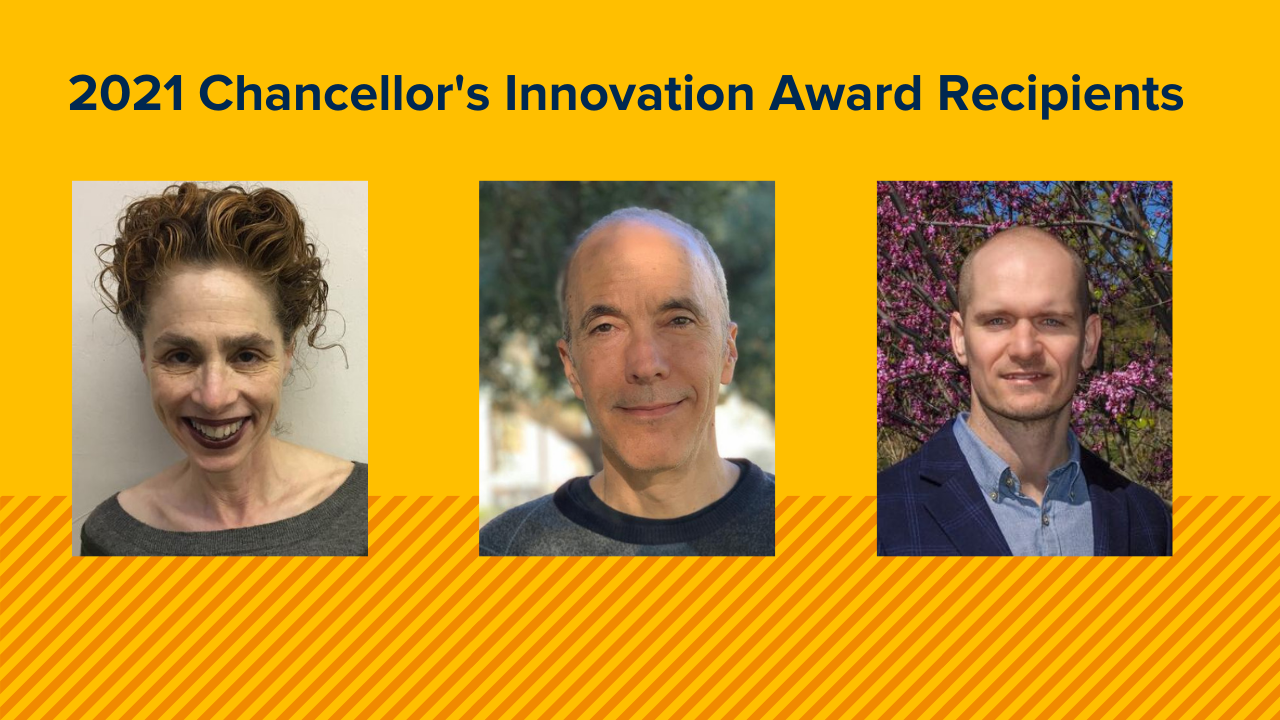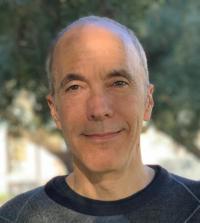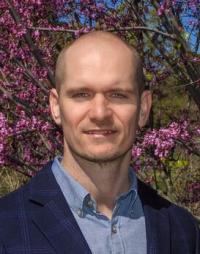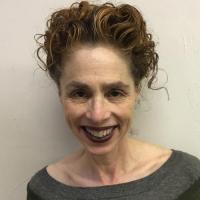
Three College Faculty Receive High Honors for Innovation, Societal Contributions
Innovation is at the core of the interdisciplinary work taking place in the College of Letters and Science. Three College of Letters and Science faculty have been recognized by UC Davis and its Office of Research as recipients of the 2021 Chancellor’s Innovation Awards, including a lifetime achievement award. The honors recognize faculty, project teams and community partners for their work, dedication and success in improving the lives of others and addressing the needs of our global society through innovative solutions.
“UC Davis research not only unlocks key insights to understand the world’s most critical challenges, it generates innovative solutions with tremendous benefits to our society through new products, services, education and art,” Chancellor Gary S. May said. “I would like to congratulate the recipients of our innovation awards for their success in reaching beyond what is expected — even beyond what is imagined by others — to provide solutions addressing important needs.”
“Researchers across the campus work tirelessly throughout their careers to develop solutions that advance quality of life and drive economic growth,” said Prasant Mohapatra, vice chancellor for Research at UC Davis. “These awards honor the significance of their work and the valuable contribution to our society.”
Innovators of the Year
The Innovator of the Year Awards recognize individual faculty, staff or teams whose innovative research or accomplishments have made a measurable societal impact in the preceding year, or whose activities have achieved important milestones and present very strong potential for societal impact. Recipients receive $10,000 to apply to their research or community engagement efforts.
Mark Mascal, professor in the Department of Chemistry

Mark Mascal has brought forward an array of innovative and sustainable solutions for energy, electronics, and medicine using novel applications of synthetic organic chemistry. Innovations from his lab have led to patent filings for 15 inventions and licenses with six companies. Most notable over the last year was the advancement of a carbon-negative, recyclable plastic made from waste biomass to replace current petroleum-based plastic bottles and food containers — potentially eliminating the need for millions of barrels of oil.
This technology was licensed to Origin Materials, a Sacramento-based company, to commercialize the foundational platform developed in Mascal’s lab. Origin has raised over $900 million to develop commercial products with the technology.
The Mascal lab has also developed synthetic, inexpensive, non-narcotic pseudo-cannabinoids for use in medical treatments and wellness products. These synthetic analogues address current regulatory barriers that differ from state to state, and offer a more environmentally friendly approach to production compared to hemp cultivation. Mascal founded Syncanica Bio to commercialize the technology.
Another startup, Furanica, emerged from the Mascal lab based on the development of a high-yield process to synthesize cardioprotective antioxidants found in fish oils.
David E. Olson, assistant professor, Department of Chemistry and Department of Biochemistry and Molecular Medicine

David Olson’s research focuses on harnessing neuroplasticity to treat neuropsychiatric and neurodegenerative diseases like depression, post-traumatic stress disorder, addiction and Alzheimer’s disease. He has identified a new class of medicines called psychoplastogens that rewire the brain to heal damaged neural circuits.
Olson’s team was the first to demonstrate that psychedelic compounds like LSD, MDMA, and ibogaine are particularly effective psychoplastogens, providing a possible explanation for why these compounds produce sustained therapeutic effects after only a single administration. While psychedelic drugs have been shown to hold great promise for treating a variety of brain disorders, they can have serious side effects including hallucinations, cardiac toxicity and abuse liability.
To address these drawbacks, Olson engineered several safer, non-hallucinogenic variants which include analogs of psilocybin, ibogaine and MDMA. These next-generation psychoplastogens produce long-lasting therapeutic effects without the liabilities associated with psychedelics.
This work led to Olson to co-found Delix Therapeutics — a company dedicated to using neuroplasticity-promoting small molecules to treat a variety of brain disorders. The company has licensed several patents developed in Olson’s lab and raised over $15 million in venture capital funds. By expanding patient access to psychoplastogenic medicines, Olson hopes to have a broad and lasting impact on mental health.
Lifetime Achievement Awards in Innovation
The Lifetime Achievement Awards in Innovation recognize researchers whose career accomplishments include innovations leading to a long-term positive impact on the lives of others and who are an inspiring influence for other innovators. Annabeth Rosen joins prominent emeriti faculty Wayne Thiebaud and Gary Snyder in being named for this impressive honor.

Annabeth Rosen, distinguished professor of art, Robert Arneson Endowed Chair
Annabeth Rosen, at UC Davis since 1997, serves as co-chair of the Department of Art and Art History and is the holder of the Arneson Endowed Chair. She is a true innovator in the area of ceramic sculpture. Over the past three decades, her distinguished reputation within the art world has progressively gained broader reach, and her accomplishment as a sculptor increasingly recognized. Directly confronting the aesthetic and physical relationships between sculptural form and painterly surface, Rosen’s work is centered on the density and intensity of accumulating the objects, marks and ideas of eccentric abstraction. With its composite materials and chemical properties, her formally intuitive process is enabled by a complex understanding of ceramic history, placing her work in the tradition of experimental yet masterful sculptors such as Lynda Benglis and Eva Hesse.
Rosen has received numerous awards, including two National Endowment for the Arts Fellowships, a 1992 Pew Fellowship in the Arts, a 2011 Joan Mitchell Foundation Painters and Sculptors Award, a 2016 United States Artist Fellowship, a 2018 Guggenheim Fellowship and the 2018 Gwendolyn Knight Lawrence Award. Most recently, Rosen was named one of five 2020 American Craft Council Fellows.
A major survey of her art, “Annabeth Rosen: Fired, Broken, Gathered, Heaped,” was shown at the Contemporary Arts Museum, Houston; the Cranbrook Art Museum; and the Jewish Museum in San Francisco between 2017 and 2020. Her work has also been exhibited at The Virginia Museum of Fine Arts, Art Basel’s OVR, P.P.O.W. Gallery in New York, The American Academy of Arts and Letters in New York, among others.
About the awards program
The UC Davis Chancellor’s Innovation Awards program was established in 2016 to celebrate the university’s innovative contributions to the regional and global community. The program is run by Venture Catalyst, a unit within the Innovation and Technology Commercialization division of the Office of Research.
The call for nominations for this year’s award was issued in February 2021.
Nominations were reviewed by a selection committee consisting of past recipients, representatives from the Office of Research, external partners and delegates named by the deans of various UC Davis schools and colleges. Committee members rated each nomination based on a predetermined protocol evaluating the uniqueness of the innovation(s) and their potential societal impact. Recommendations from the committee were then submitted to the chancellor and provost and executive vice chancellor, and vice chancellor of research for final approval.
— AJ Cheline, UC Davis Office of Research, wrote this article for UC Davis News and Information.
